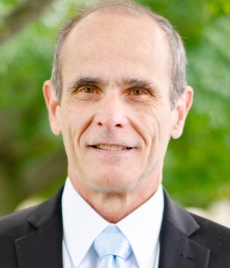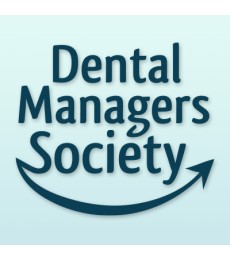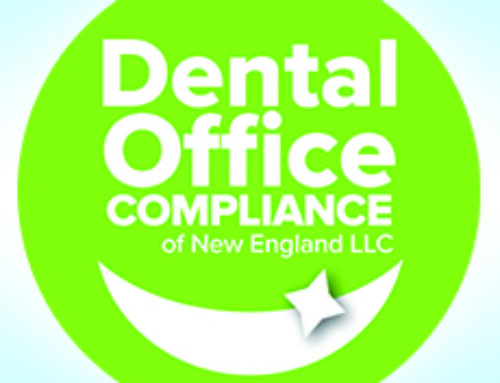Nowadays it seems like the use of smartphones constantly is such an important part of people’s lives that it would be considered a personal invasion to attempt to limit their availability around the clock. Employers are becoming extremely frustrated that employees are using their work time to use their phones to text, call, take photos, or search the internet. Dental practices are no exception, and rules restricting cell phone use are now common in every employee handbook for dental practices. It is important to understand the laws related to their use in the dental office workplace.
In dental offices, HIPAA restrictions on the potential unauthorized release of protected health information place an additional burden on ensuring that employees don’t violate privacy laws by using their cell phones around patients. Using a cell phone to transfer health information to an unauthorized recipient is a HIPAA violation. Talking to a third party on the phone while also dealing with patients could allow for the release of health information unlawfully, even if it is inadvertent. For this reason, cell phone use while dealing with patients by providers or by office staff should be prohibited.
HIPAA has certain rules regarding relaying patient information to patients via e-mails or texting, or other “insecure” methods of communication without patient authorization. Patients must be notified that this may be an insecure way of communicating health information and must authorize it directly. Texting unprotected information that is not health-related or financially related, like an appointment reminder by cell phone, is allowed, and staff should be made aware of this.
Dental offices sometimes prohibit cell phone availability or use at any time while at the practice, to the extent of requiring cell phones to be deposited in a specific place at the start of the work day, to be picked up at the end of the day. This kind of rule is likely to be resisted by employees because they feel their phones are almost a part of them and that they feel uncomfortable leaving them anywhere but on their person. Rules allowing use only in emergencies and prohibiting their use during work hours are reasonable and lawful and are commonplace.
It is surprising to know that the National Labor Relations Board has issued rules which make unlawful employer rules prohibiting the use of cell phones because they could be used to discuss work conditions or coordinate worker actions, which are guaranteed rights under labor laws. However, those rules have been narrowed to allow for workplace condition discussions. If cell phone use is allowed for workplace interaction amongst employees, it is unlawful to restrict discussion about employment. Also, restrictions on cell phone use which require that cell phones not be used except during break times, are valid.
The use of smartphones to relay health information is now starting to be used increasingly as a diagnostic tool as well, with accessibility to the free flow of patient information and reference materials between providers being a useful tool in treatment. Using encryption in these cases prevents the possibility of HIPAA violations because of hacking or other unauthorized use.
Restricting the use of cell phones during break time can also present some other legal problems for dental offices. What if an employee uses his or her smartphone to take pictures of OSHA violations or other regulatory violations for use as evidence in making a complaint? Forcing employees to delete such photos might be used as evidence of intent to circumvent regulations if there was an investigation later or if the employee decided to bring a whistleblower action.
The use of phones during work time is also a distraction for practice employees, and when dealing with treatment, negligence can be alleged if cell phone use coincides with dental malpractice. When providers use cell phones during the middle of treatment, this could be used against them if a patient were to file a complaint with a licensing board at some point. Ringing cell phones can be annoying for patients and the workplace in general.
Nearly every employer, dental or not, is frustrated by the interference cell phone use has on an efficient, uninterrupted workplace. Dental practices are no exception, and employers should be aware of how to best-set office rules regarding cell phone use that are effective, fair, and lawful.
Contact Information

Brian Hatch
Hatch Legal Group
8 North Main Street, Suite 403
Attleboro, MA 02703
HatchLegalGroup.com
brianhatch@hatchlawoffices.com
508-222-6400




